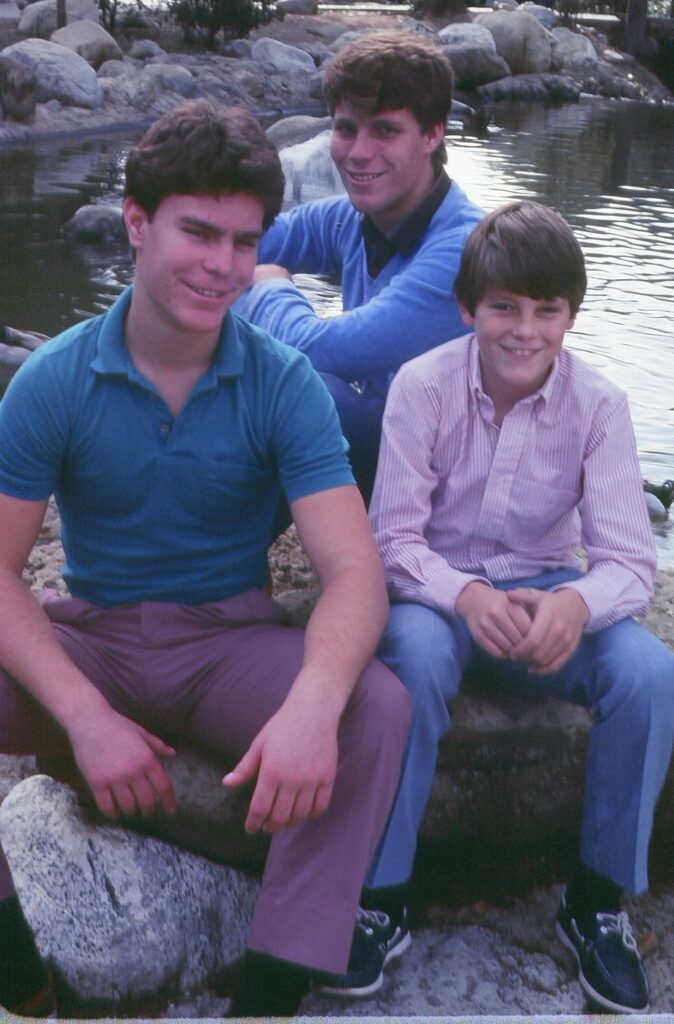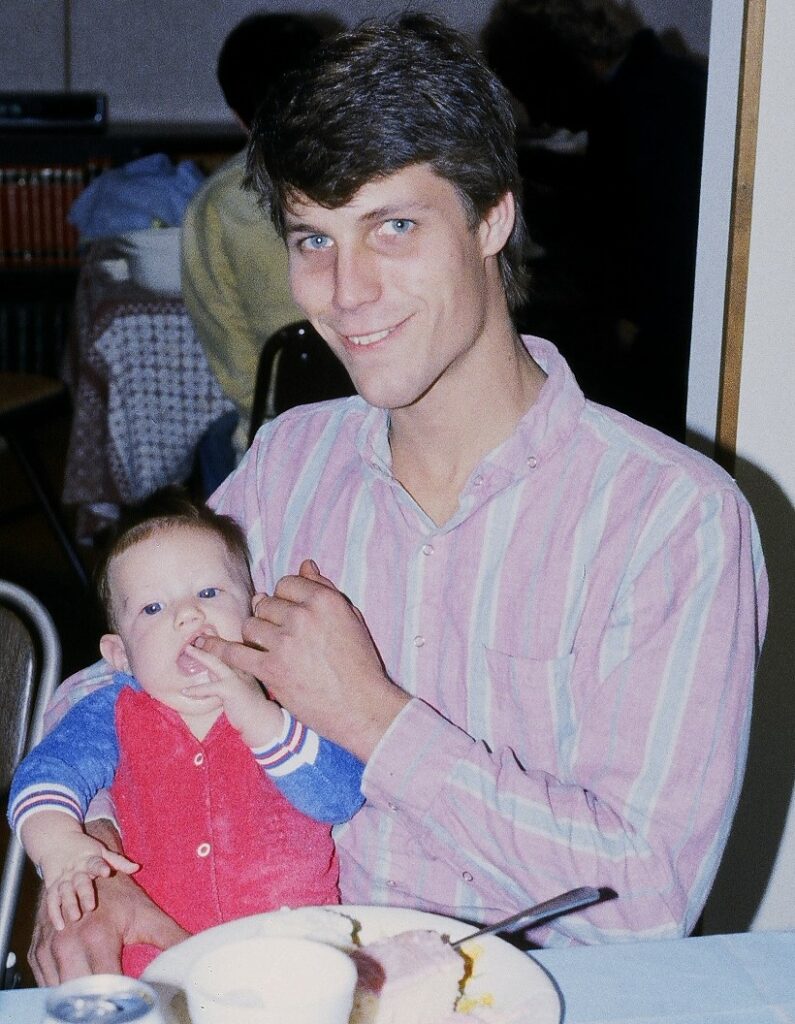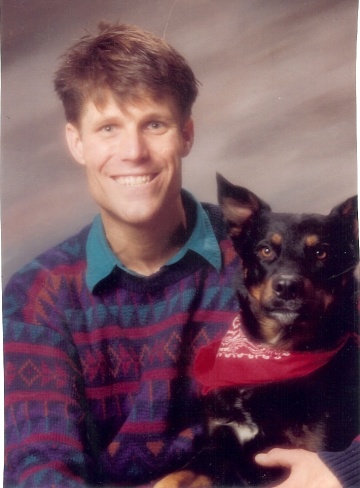When the Trouble Begins
A child’s developmental job in the teen years is to begin thinking for himself…to gain confidence in herself. That often means trying on different personas to see if they fit. Going through a phase. Pushing the limits. Challenging the way things have always been. As parents we may perceive this stage as challenging us, criticizing who we are and what we believe. When we take the challenge personally, it turns into hurt feelings and arguments. Even at its best, it’s a time for parents to decide what issues are worth taking a stand for and which behaviors we take in our stride. It can be exhausting, frustrating, and at times, delightful to see this child, at times, making value judgments that we admire.
What if Things Get Much Worse?
How do you know when it’s time to be genuinely concerned? What if it’s not just a matter of what a kid wants to wear, or begging to stay out later? What if this beloved child is caught stealing? Or staying out much later than the curfew? Or hanging out with a gang that you intuitively know means serious trouble?

In middle school, I began getting reports that my son Steve was sassing his teachers. I thought he was just acting out like many kids that age. I didn’t like it, but blamed his age. Baseball was one of Steve’s deepest loves, but he was kicked off the team. His Little League coach made a special trip to our home to tell me he thought Steve was “using something,” (meaning drugs.) I didn’t believe him. I attributed his challenging behavior to his allergies. (Smile. This disbelief is the first stage for many parents of teen addicts.)
The police came to the door about 2 a.m. one night to tell me Steve was in jail. I thought he was asleep in his room! He’d been caught joy-riding in his step-sister’s Mustang. I shamed him. I argued with him. Terror was an almost constant emotion! What was happening to my son? Was this just normal teenage behavior or was it something worse?
Embarrassment. Judgement. Disbelief. Panic.
Steve’s out-of-control behavior triggered all of these feelings in me. It exposed my insecurity as a parent. Was this all my fault? Others seemed to think it was the result of my poor parenting. I was afraid they were right. He was kicked out of four high schools. This couldn’t be normal…could it? What should I do? How could I stop this run-away train that we were on? What was my role in this craziness? I responded to his crazy behavior with my own emotional lectures and attempts at control. I insisted we see counselors. None of them seemed to have any solutions.
Facing the Truth
I’d always treated the kids’ rooms as private. I didn’t snoop. But, it seemed snooping was the only way to find out if drug use was part of this nightmare. Sadly, there was plenty of proof in Steve’s room that he was, indeed, using drugs. I called a local rehab program and made an appointment to see the director. He listened to the long list of Steve’s behaviors. He said there was no reason to have the white powder I found in his room analyzed. It was obvious Steve’s life was out of control and that drugs were a part of the reason. I knew Steve would not consent to treatment. That afternoon I had him escorted by the police to a lock-down facility where his “problem” would be addressed. He was livid. I was heartbroken. How did this happen? What went wrong? Was I to blame? Where did my beloved, sweet son go? Who was this stranger?
Three Months of Peace
The three months he was in rehab exposed how much his chaos had infected our home. There was more peace. No worries about cash being stolen from my purse. No more holes knocked in the walls. I didn’t worry about where he was in the middle of the night. He turned eighteen during that time. Near the end of “treatment” I was asked if Steve could come home to live when he was discharged. I intuitively knew he wasn’t “cured.” He would go right back to drug use the moment he got out. I made one of the hardest decisions of my life when I said, “No. He can’t come home unless he can stay drug free for six months.” It was devastating for Steve. It was a huge step to separate myself from Steve’s destructive lifestyle. I and the rest of the family deserved to live in peace.

Your Addiction is Not My Responsibility
I had begun to examine my beliefs. How could this be my fault? Why should I suffer due to his choices? I was a straight-arrow mom. We went to church every Sunday. There was no drinking or smoking in this home. The rules and consequences as Steve was growing up were reasonable. I modeled a law-abiding, God fearing, responsible adult. I began to ease up on the self-blame. Slowly I began to separate my role as a parent from the choices Steve had been making…and was still making. I also began to recognize other influences besides my own on Steve’s life.
The death of his father when he was little hit Steven so hard. He was too young to understand that his father died…that it wasn’t his desire to abandon him. As Steve grew, he blamed God for stealing his father away. That anger was fueling his addiction. Add to that his condition of ADHD that at that time wasn’t recognized. He was just labeled a difficult kid. He had trouble making friends and trouble completing school assignments. Life was hard for him. He told me that when he smoked pot, he felt relief from constant anxiety that had plagued him since childhood. And, drugs had become so accessible to kids. It was a different world than the one in which I grew up!
A Journey of Fifteen Years
Steve used drugs to cope with anger and anxiety from the age of fifteen until almost thirty. During those years I learned a lot of valuable lessons. I am not responsible for another person’s choices or the consequences those choices bring. I can still love with my whole heart while setting boundaries to protect myself from the irresponsibility of another. It was a big step to forgive myself for judging myself as a bad mother. It was liberating to own that I had done the best I knew how to do every day of Steven’s life…and that was enough.
Steven’s use of speed had enlarged his heart. He was diagnosed with congestive heart failure at the age of twenty-seven. His current job was impossible for him to perform. He came home to live. We were told that he could die any time on any day. The lessons continued for both of us. There were times of deep, honest sharing and compassion. Also times of deep grief. Steve admitted that he’d thought that someday he would just quit using, marry, have a family, be normal…and now it was too late. Boundaries set. Following through with consequences. Tears shed. Hugs while passing on the stairs.
Dying With Self-Respect

At twenty-nine and a half, he was hospitalized again for congestive heart failure. I learned that he had continued to use even though he knew it was killing him. He decided that in order to die with self-respect, he had to die clean and sober. He quit drinking, smoking and using drugs cold-turkey. For the next four months I had the real Steve back. Steve on drugs was not the real person but a fake representation of the worst of Steve. He did his best to make amends to those he had hurt. During a painful talk, Steve told me he’d forgiven God for taking his father. He was at peace, even while his body was suffering the effects of a barely beating heart. His poor, damaged heart finally couldn’t go on beating. Steve met his goal of dying with self-respect from finally gaining mastery over the addiction.
The Results for Me
I had been grieving the loss of Steve for almost fifteen years. Even so, I still grieved the loss death brought of the beautiful soul that was Steve. His playfulness with children. His love and loyalty for me. Occasionally he cracked us up with his humor! His story telling. The sweet soul gazing out from his beautiful blue eyes. His friendliness with neighbors and strangers. Yet, I also felt relief that Steve was free from the life-journey that had been so hard for him.
One of the most powerful lessons I learned was that it isn’t loving to support the unhealthy choices of another. It isn’t loving to bear the consequences of another’s choices…pay their bail, clean up their messes. Sometimes the most loving decision is to set a clear boundary and administer consequences that my loved one isn’t going to appreciate and that break my heart. I can no longer judge parents who have troubled, acting-out children. No child comes with a handbook of clear instructions. Every child has their own lessons to learn on this life-journey. Eventually some of the key lessons I learned found their way into a book titled Pungent Boundaries.
Current Support for Parents of Addicts
Last week I had the privilege of being a guest on Laine Lawson Craft’s podcast titled Warfare Parenting. We made five fifteen minute podcasts about the value of setting and enforcing age appropriate boundaries for children. I am privileged to be interviewed by Brenda Zane of www.BrendaZane.com and Hopestream Community on her podcast for parents of addicts. Both of these courageous women are offering valuable compassion and training that wasn’t available forty years ago. I went through this journey with Steve with almost no support and no effective guidelines.
If you are going through a similar nightmare today, the best thing you can do for yourself and your loved one is to get effective, compassionate support. You do not have to travel this journey alone! Listen to these podcasts. Join an online support group at Hopestream Community. Order a copy of Pungent Boundaries. Be good to yourself. You deserve your own compassion!
You have my love and support,

